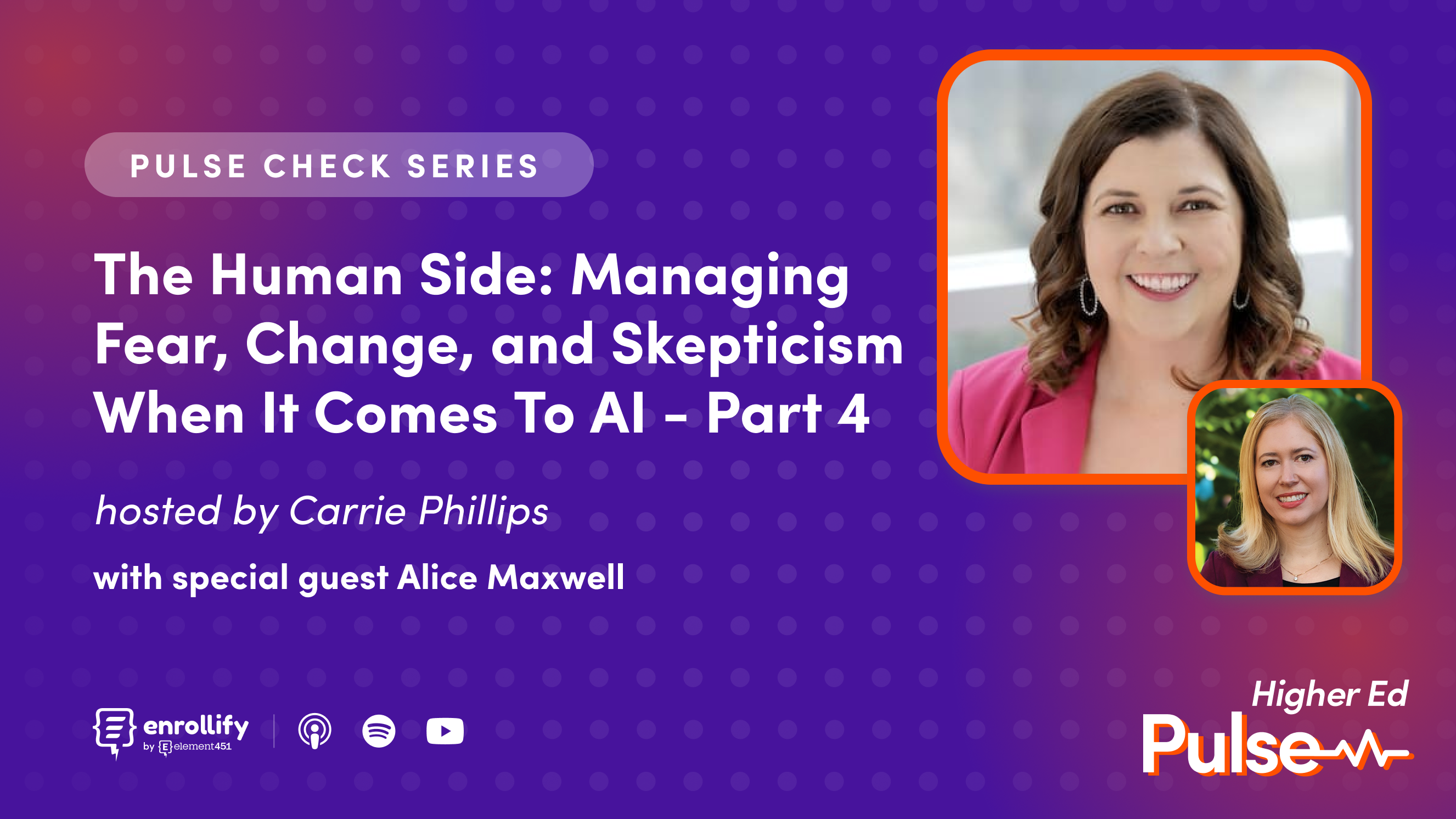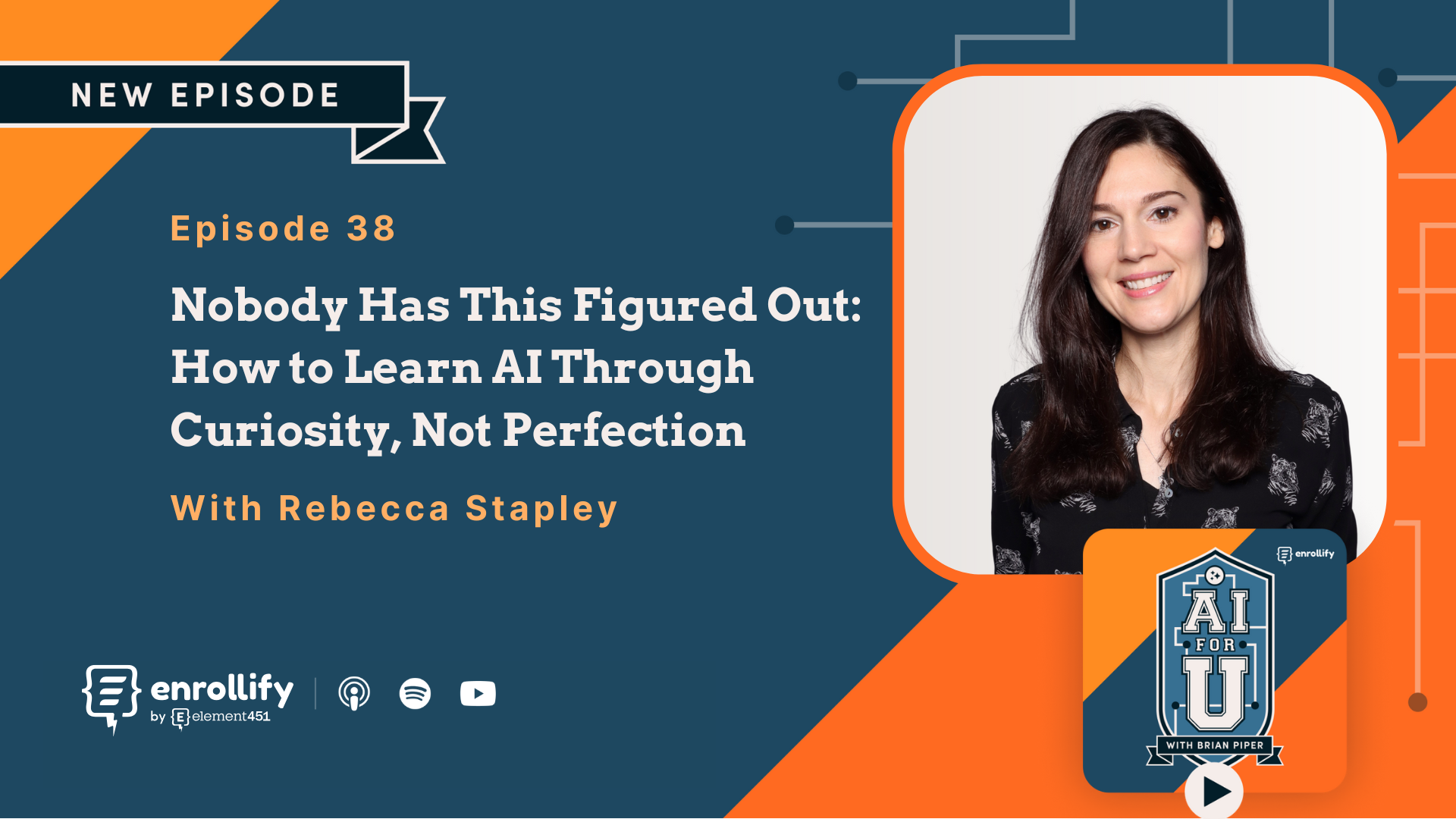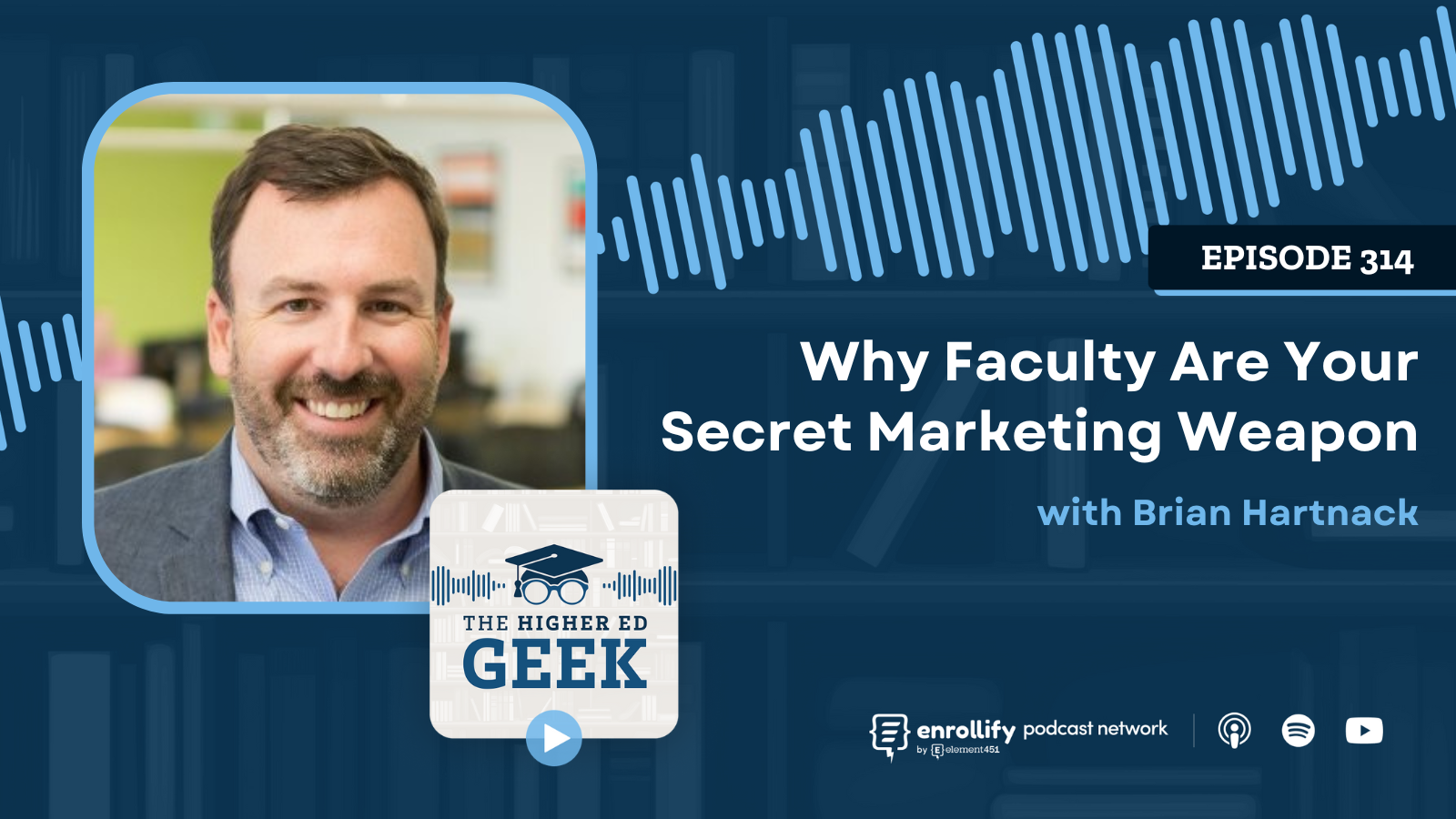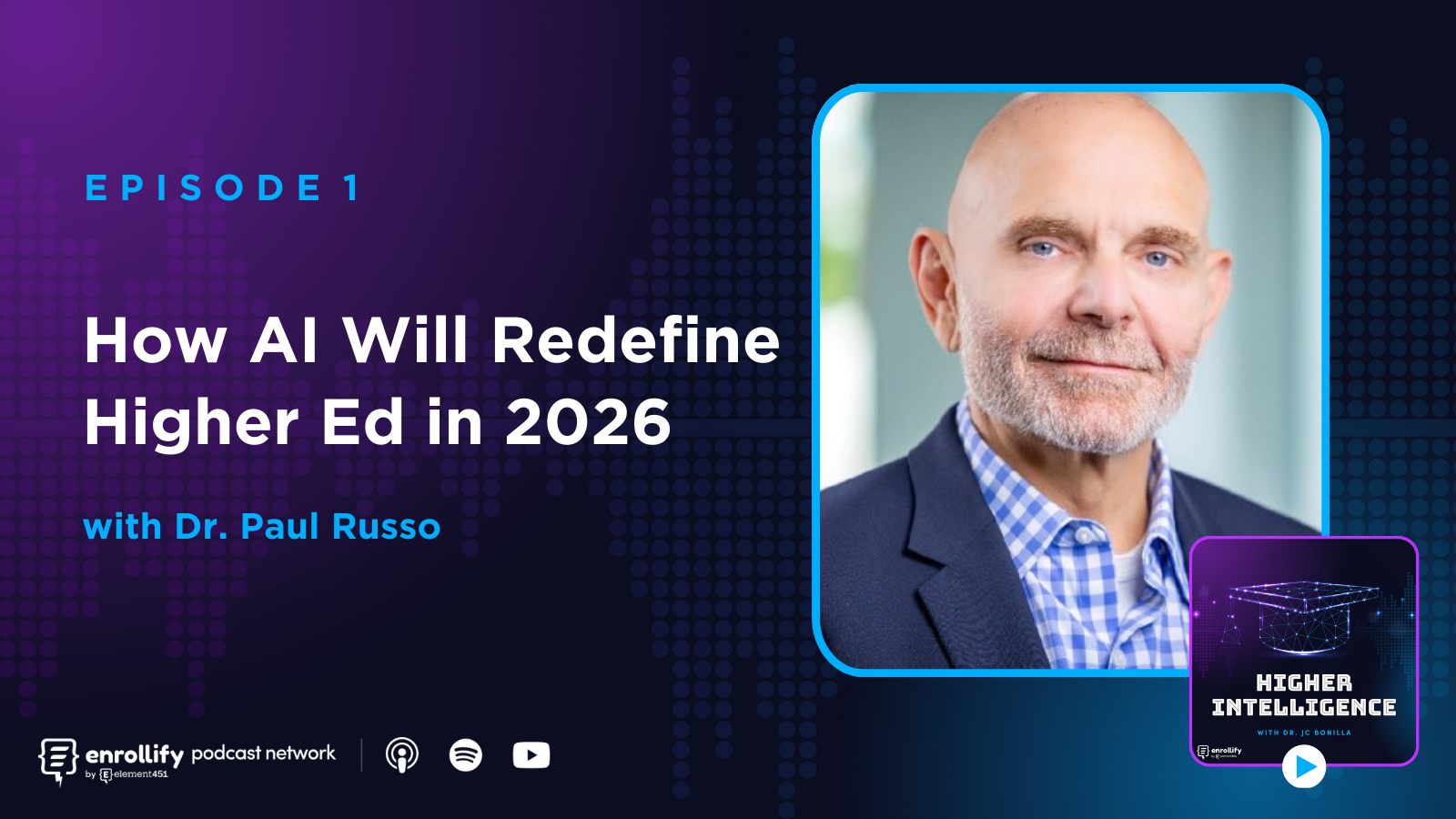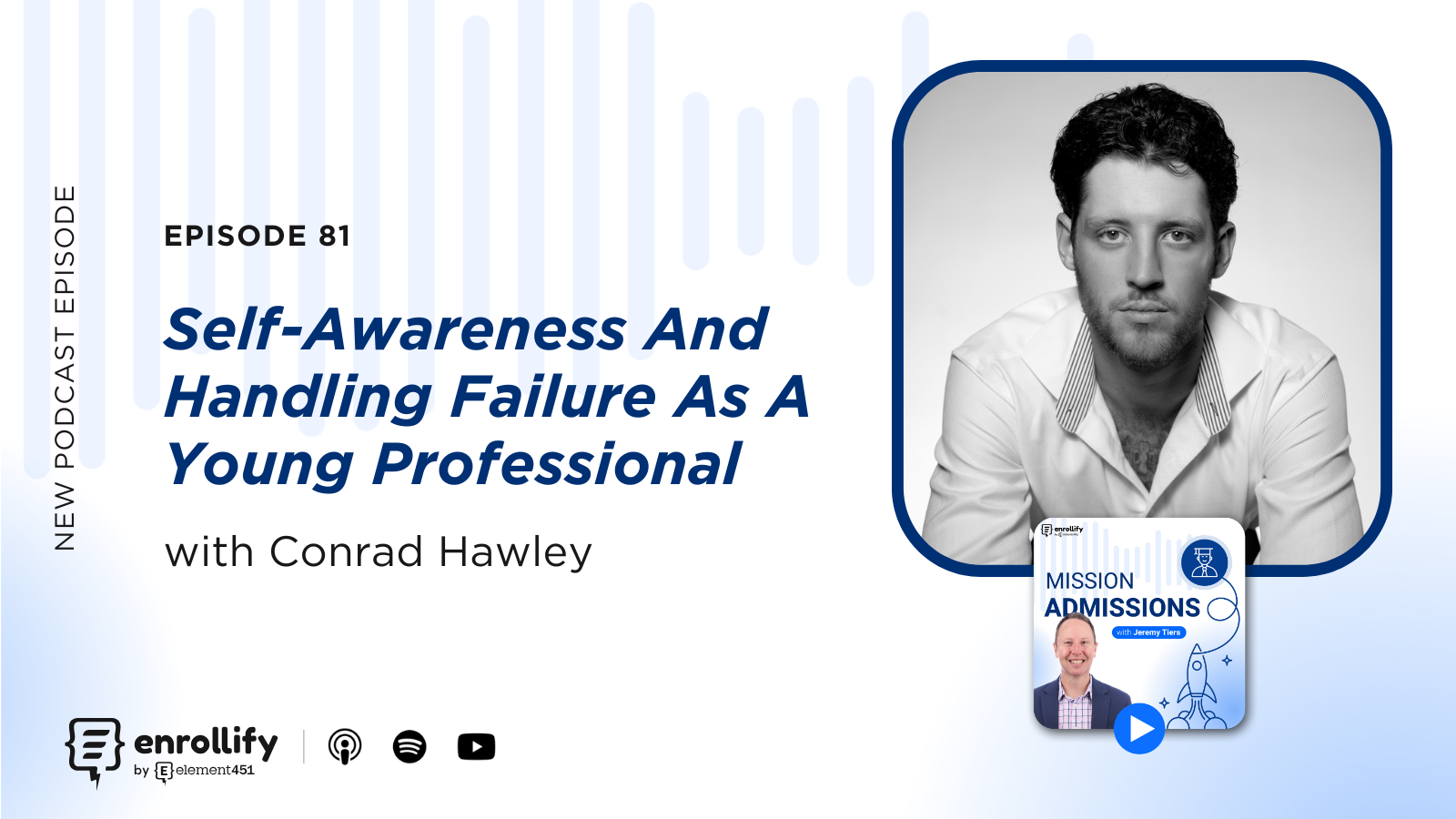About the Episode
In this episode, Ardis and JC delve into the intense competition between OpenAI, Google, and Meta in the realm of Large Language Models (LLMs). The discussion highlights the contrasting approaches of open-source and closed systems in AI development. They explore how these tech giants are vying for market dominance, examining the strengths and weaknesses of their respective strategies.
Key insights include the implications of open-source models for innovation and accessibility and the advantages of closed systems in terms of control and commercialization. This episode provides a comprehensive overview of the current state of LLMs and offers predictions on how this battle will shape the future of AI technology.
Key Takeaways
- Closed Source vs. Open Source: Closed-source models, like OpenAI’s GPT-4, prioritize monetization through licensing, while open-source models, such as Meta’s Llama, focus on community accessibility and customization.
- Technology Adoption Curve: Generative AI is currently in the early adopter phase. The journey to mainstream adoption will depend on innovation, user experience, and external factors like legislation and interoperability.
- Google vs. OpenAI: While OpenAI leads with its innovative product, ChatGPT, Google’s ecosystem and existing market share position it as a strong contender for dominance in 2024.
- Open-Source Advantage: Meta’s Llama exemplifies the potential of open-source LLMs, providing tools for diverse applications while promoting community-driven innovation.
- Higher Education’s Role: Universities can leverage LLMs for academic advising, personalized learning, and administrative tasks, provided they understand the technological and business model distinctions.
Episode Summary
Closed Source vs. Open Source: The Divide
The episode kicks off with a deep dive into the fundamental differences between closed and open-source models:
- Closed Source: Proprietary systems like OpenAI’s GPT-4 and Google’s Gemini focus on monetizing access and usage. These models often boast superior user experiences and enterprise integrations but lack transparency.
- Open Source: Models like Meta’s Llama and Stability AI’s Stable LLM offer community-driven innovation and flexibility. They democratize access but require significant expertise to fine-tune for specific use cases.
Why It Matters: The choice between closed and open-source systems will determine accessibility, innovation, and economic models in the AI ecosystem.
The Technology Adoption Curve: Where We Stand
Ardis and JC apply the technology adoption curve to LLMs, identifying where the field is today and what’s needed to cross the chasm into mainstream adoption.
- Innovators and Early Adopters: Generative AI has captured the attention of tech enthusiasts and early adopters, but scaling to the early majority requires seamless integration, intuitive user experiences, and compelling use cases.
- The Chasm: Many technologies fail to reach mainstream adoption due to gaps in implementation, user education, or external constraints like legislation and data availability.
Key Insight: LLM providers must prioritize scalable solutions and user-centric design to achieve the 50% market penetration required for mainstream adoption.
Closed Source Leaders: OpenAI and Google
The hosts debate which closed-source provider might cross the chasm first:
- OpenAI: With ChatGPT, OpenAI has demonstrated exceptional early adoption. However, questions remain about its ability to maintain momentum in enterprise applications.
- Google: Google’s Gemini leverages its existing cloud and enterprise infrastructure, positioning it as a strong competitor. Its extensive user base and ecosystem integrations could drive rapid adoption.
Prediction: JC leans toward Google as the dominant closed-source provider in 2024, while Ardis highlights OpenAI’s innovative edge.
Open Source Contenders: Meta’s Llama
In the open-source arena, Meta’s Llama stands out for its accessibility and scalability. By releasing its LLM to the community, Meta fosters innovation and provides a foundation for diverse applications.
Why Meta Could Win: Meta’s ecosystem, including WhatsApp and Instagram, offers unique opportunities for integrating LLMs into consumer and enterprise workflows.
Implications for Higher Education
Higher education institutions must prepare for the rise of LLMs by understanding the differences between open and closed-source models. Potential applications include:
- Academic Advising: AI-powered bots can streamline advising processes, helping students navigate course requirements and graduation pathways.
- Personalized Learning: LLMs can deliver tailored content to meet individual student needs, enhancing engagement and outcomes.
- Administrative Efficiency: From financial aid to enrollment management, LLMs can automate routine tasks, freeing staff for more complex responsibilities.
Actionable Tip: Universities should assess their data infrastructure and ensure their content is AI-ready to fully leverage these technologies.
The Enrollify Podcast Network
The Enrollify Podcast is a part of the Enrollify Podcast Network. If you like this podcast, chances are you’ll like other Enrollify shows too!
Our podcast network is growing by the month and we’ve got a plethora of marketing, admissions, and higher ed technology shows that are jam-packed with stories, ideas, and frameworks all designed to empower you to be a better higher ed professional.
Our shows feature a selection of the industry’s best as your hosts. Learn from Jaime Hunt, Allison Turcio, Dayana Kibilds, Dustin Ramsdell, Ardis Kadiu, JC Bonilla, Mallory Willsea, and many more.
Learn more about The Enrollify Podcast Network at podcasts.enrollify.org. Our shows help higher ed marketers and admissions professionals find their next big idea — come and find yours!







.avif)

